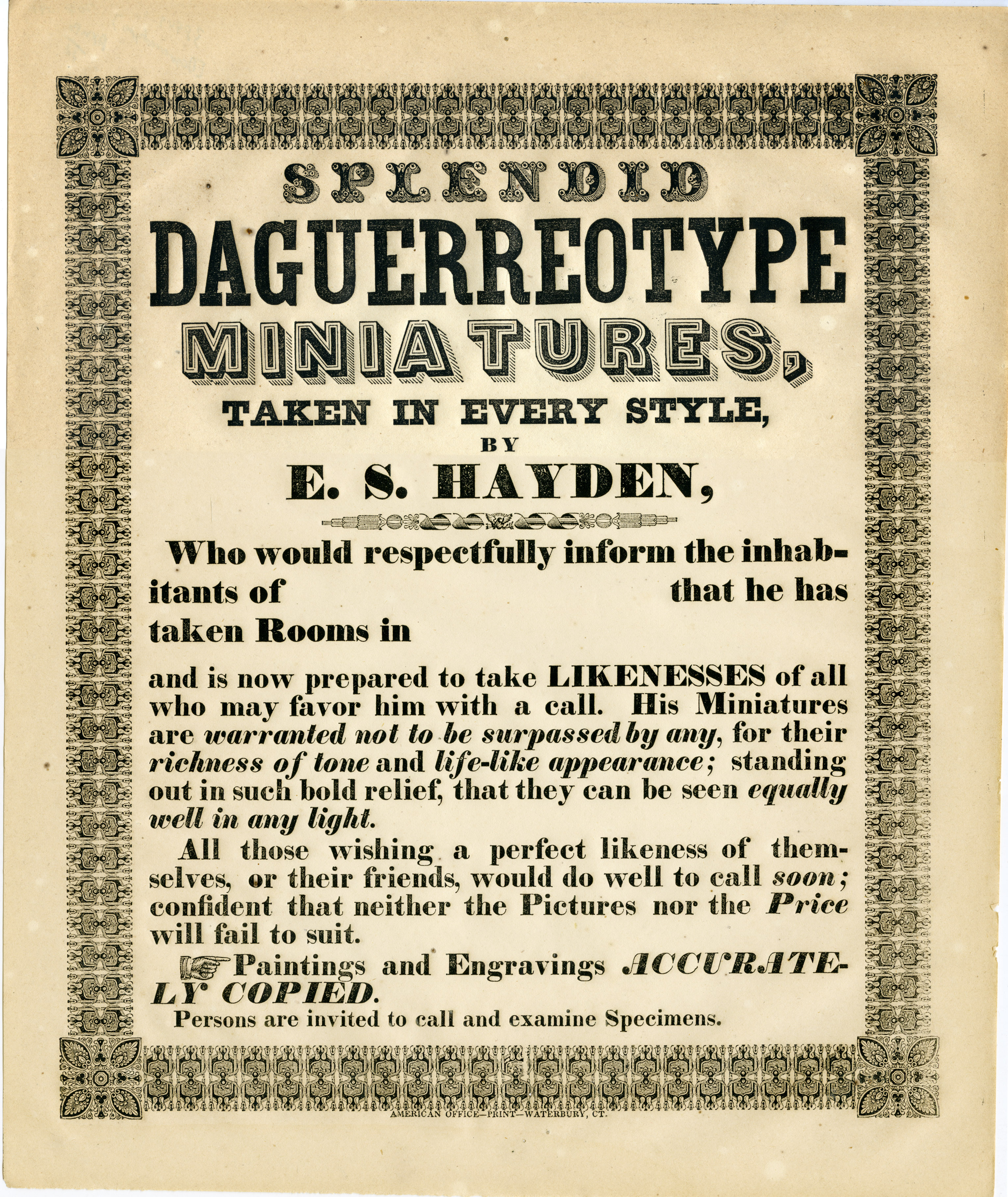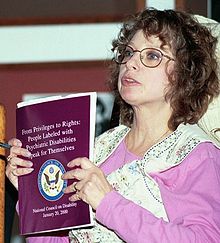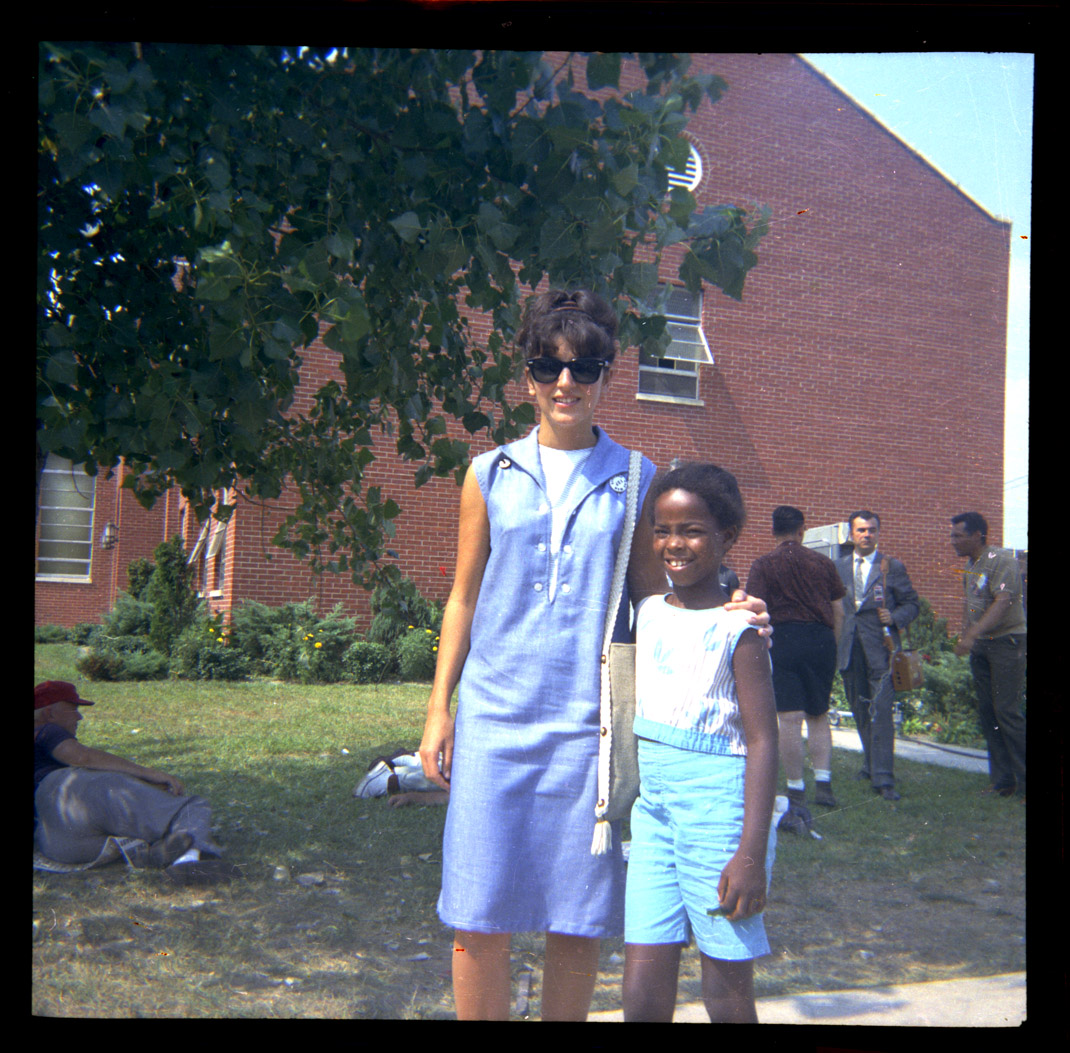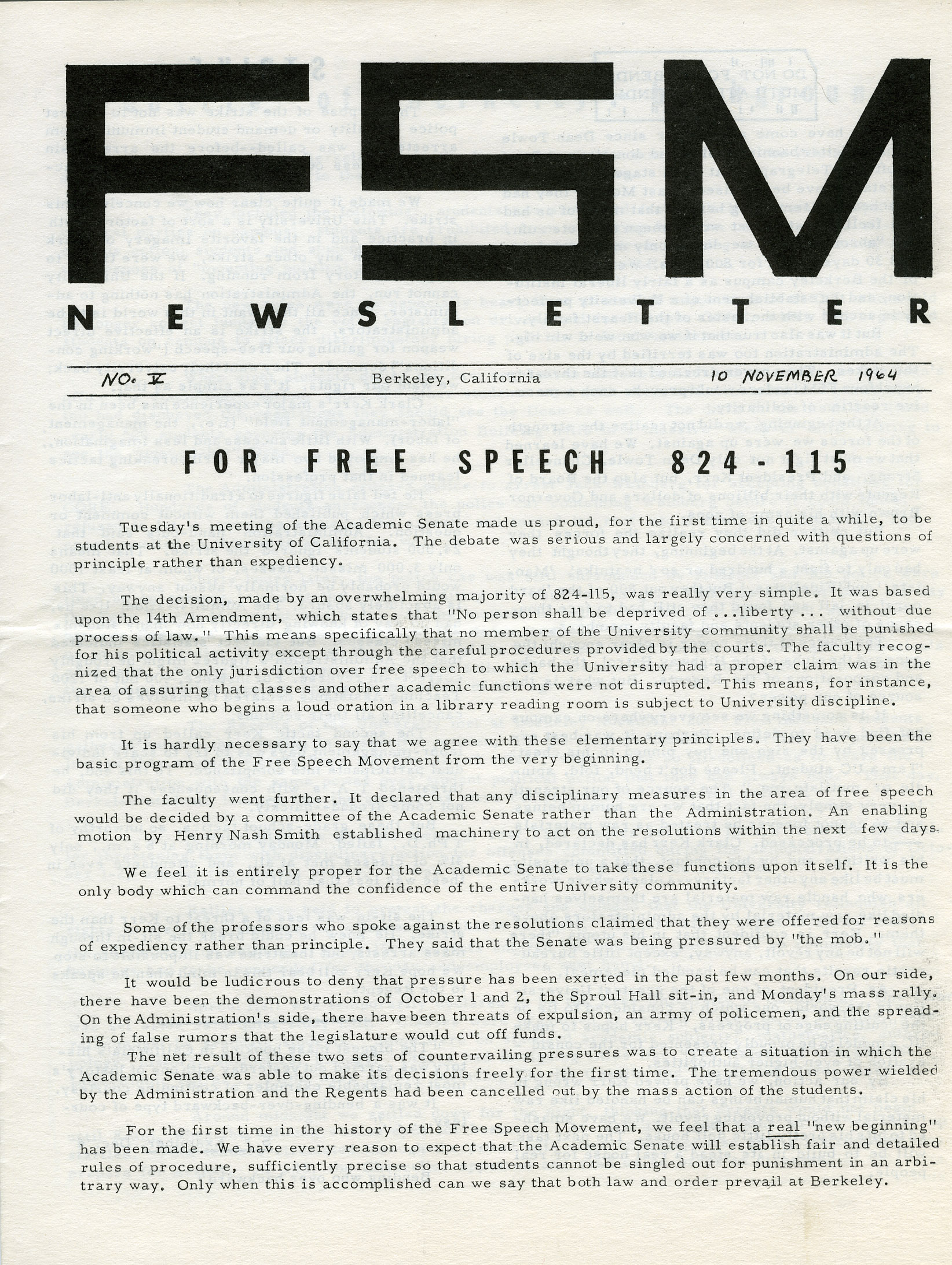Committee to Defend Johnny Imani Harris Collection
1973-1993 Bulk: 1974-1980
12 boxes 5.43 linear feet
Call no.: MS 1171
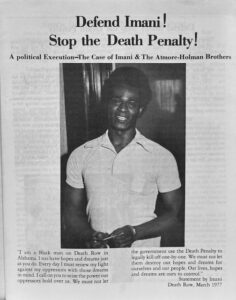 Committee to Defend Johnny Imani Harris pamphlet
Committee to Defend Johnny Imani Harris pamphlet
Administrative records of the Atmore-Holman Brothers Defense Committee and the Committee to Defend Johnny Imani Harris and Stop the Death Penalty, which supported efforts to free Imani (aka Johnny Harris) from death row in Alabama in the late 1970s early 1980s. Originally sentenced to five life terms for 4 small robberies and an alleged rape in 1970, Imani was eventually given the death penalty under Alabama’s capital offenses law due to an inadequate defense by his court appointed lawyers. Harris was put in the brutal Atmore Prison, where he experienced extreme racism, poor medical care, overcrowding, and slave wages. In 1972 the inmates organized a group called Inmates for Action (IFA) and led a work stoppage of over 1,200 prisoners. The prisoners were beaten by guards and the strike leaders were placed in isolation. Two years later, in 1974 an IFA member was beaten to death by guards. The prisoners reacted by capturing a cellblock and taking two guards hostage. In the ensuing take-back by the prison, a guard and IFA leader were killed. Harris and others were charged with the guard’s death. Imani was convicted of the murder and sentenced to death.
The Committee worked throughout the 1970’s and 1980s for Harris’ freedom through endorsements, fundraising, and networking to national and international groups. Thanks to the participation of Amnesty International and other groups, Harris’s murder conviction was dismissed in 1987 after a new trial and he was given parole.
This collection, donated by Tom Gardner, represents the efforts of both the Atmore-Holman Brothers Defense Committee and the Committee to Defend Johnny Imani Harris and Stop the Death Penalty. It contains correspondence, legal filings, press releases, contact lists, fliers, financial documents, and material representing efforts by the Committee to raise awareness and generate financial and name support. There is both mainstream and left wing media coverage of the cases represented in clippings, magazines, and newspapers. Gardner wrote several articles on the case, which are represented in their final printed form and in hand and typewritten drafts. Gardner also took copious notes about the Committee’s work on legal pads. The collection also documents Gardner’s parallel involvement in the larger left-wing movement and its attempts to link labor struggles and racism through pamphlets, correspondence, publications, booklets, and newsletters. The collection offers a unique window into the political atmosphere of the post-civil rights era in Alabama and the South more generally, and how struggles for equal treatment under the law for Black Americans were not over.
Gift of Tom Gardner, 2022
Subjects
African American prisonersDeath row inmatesPolitical prisoners--United StatesPrisoners--United StatesPrisonsContributors
Johnny Imani HarrisThomas N. GardnerTypes of material
CorrespondenceFliersMailing listsPamphletsPosters
